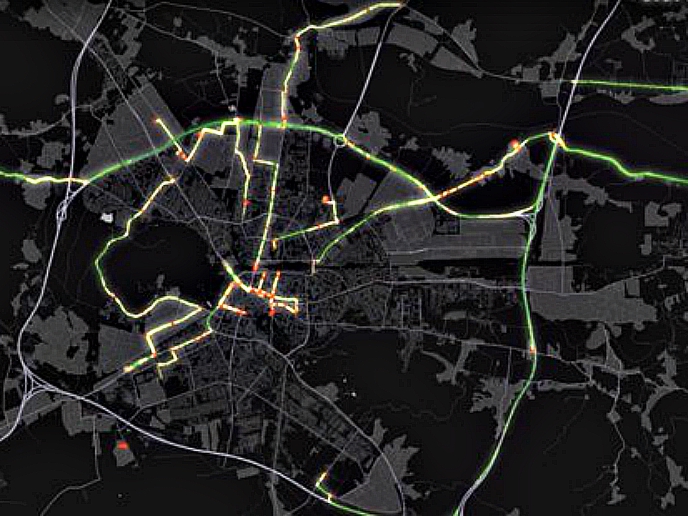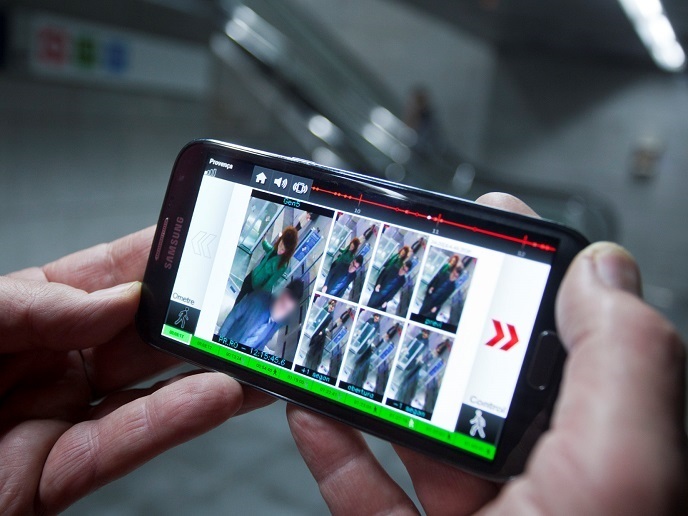The future of buses
Traffic is becoming slower and more congested. Urban buses represent very attractive solutions to many of the transportation problems affecting cities, yet bus systems have to date typically not been well managed. Hoping to change that was the 'European bus system of the future' (EBSF) project. The 49-member project ran from September 2008 to February 2013, during which it received EUR 15.8 million in EU funding. The project's goal was to develop an integrated bus management system, combining new vehicle technologies with new infrastructures and improved operations management. The objectives consisted of developing an intelligent operations system, developing innovative vehicle infrastructure, and integrating these two into European urban scenarios. In defining the system, the project consulted transportation experts and stakeholders to determine their needs. This produced a list of more than 500 items. These were formalised and condensed into a wish list of 342 system requirements and then grouped into 17 functional requirements. The requirements represent necessary improvements to three project sub-systems: vehicle, infrastructure and operations. The analysis also compared trade-offs and conflicts. The project's development of key technologies focused on new system designs affecting 12 areas. The driver station was redesigned with respect to driver comfort and vehicle operations. Passenger accessibility was assessed via simulated usage by various demographic groups, focusing on reduced bus stop waiting time. Other new systems included information technologies, handling support system, modularity, energy management and efficiency, transport and traffic policies, passenger information, and intermodal and transport hubs. The project also investigated the electrification of urban bus systems. Furthermore, the project reinvented the bus stop as a friendly gathering place; the concept received two French design awards. EBSF's new integrated system has been tested in seven European cities (Budapest, Bremerhaven, Brunoy, Gothenburg, Madrid, Rome and Rouen). The tests successfully demonstrated the concepts and led to further refinements. The result of EBSF's work will be urban bus systems that work and which passengers enjoy using. That will mean more efficient and effective city transportation.
Keywords
Buses, urban transport, passenger accessibility, driver comfort, vehicle operations







